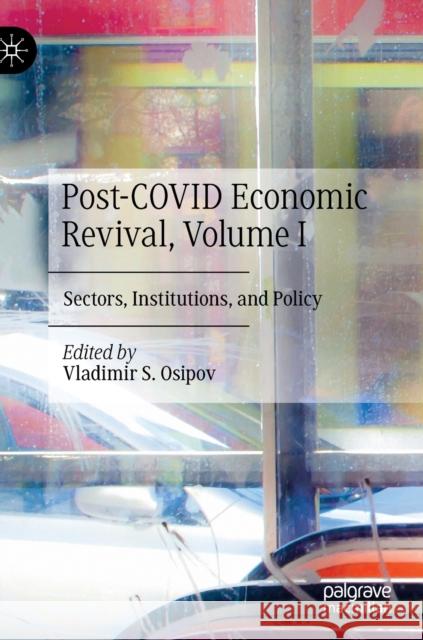Post-Covid Economic Revival, Volume I: Sectors, Institutions, and Policy » książka
topmenu
Post-Covid Economic Revival, Volume I: Sectors, Institutions, and Policy
ISBN-13: 9783030835606 / Angielski / Twarda / 2021 / 240 str.
Post-Covid Economic Revival, Volume I: Sectors, Institutions, and Policy
ISBN-13: 9783030835606 / Angielski / Twarda / 2021 / 240 str.
cena 645,58
(netto: 614,84 VAT: 5%)
Najniższa cena z 30 dni: 616,85
(netto: 614,84 VAT: 5%)
Najniższa cena z 30 dni: 616,85
Termin realizacji zamówienia:
ok. 22 dni roboczych.
ok. 22 dni roboczych.
Darmowa dostawa!
Kategorie:
Kategorie BISAC:
Wydawca:
Palgrave MacMillan
Język:
Angielski
ISBN-13:
9783030835606
Rok wydania:
2021
Wydanie:
2021
Ilość stron:
240
Waga:
0.70 kg
Wymiary:
21.01 x 14.81 x 2.69
Oprawa:
Twarda
Wolumenów:
01











